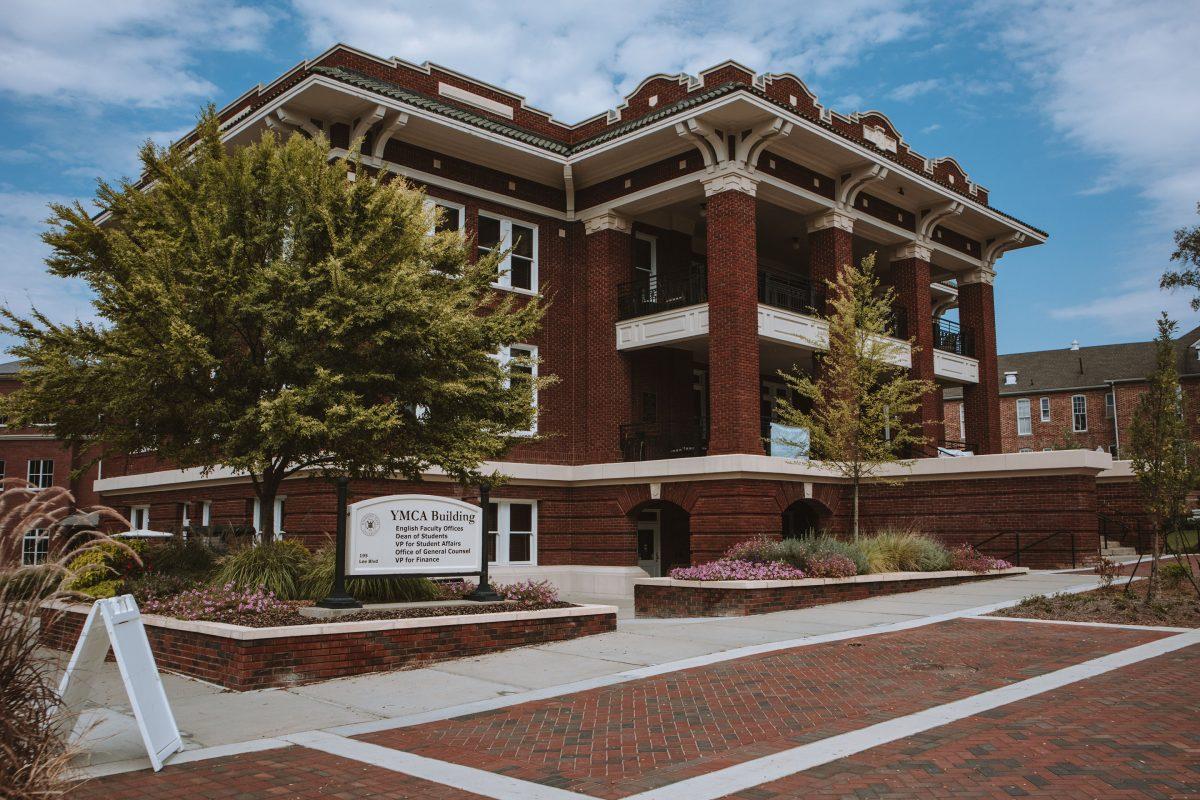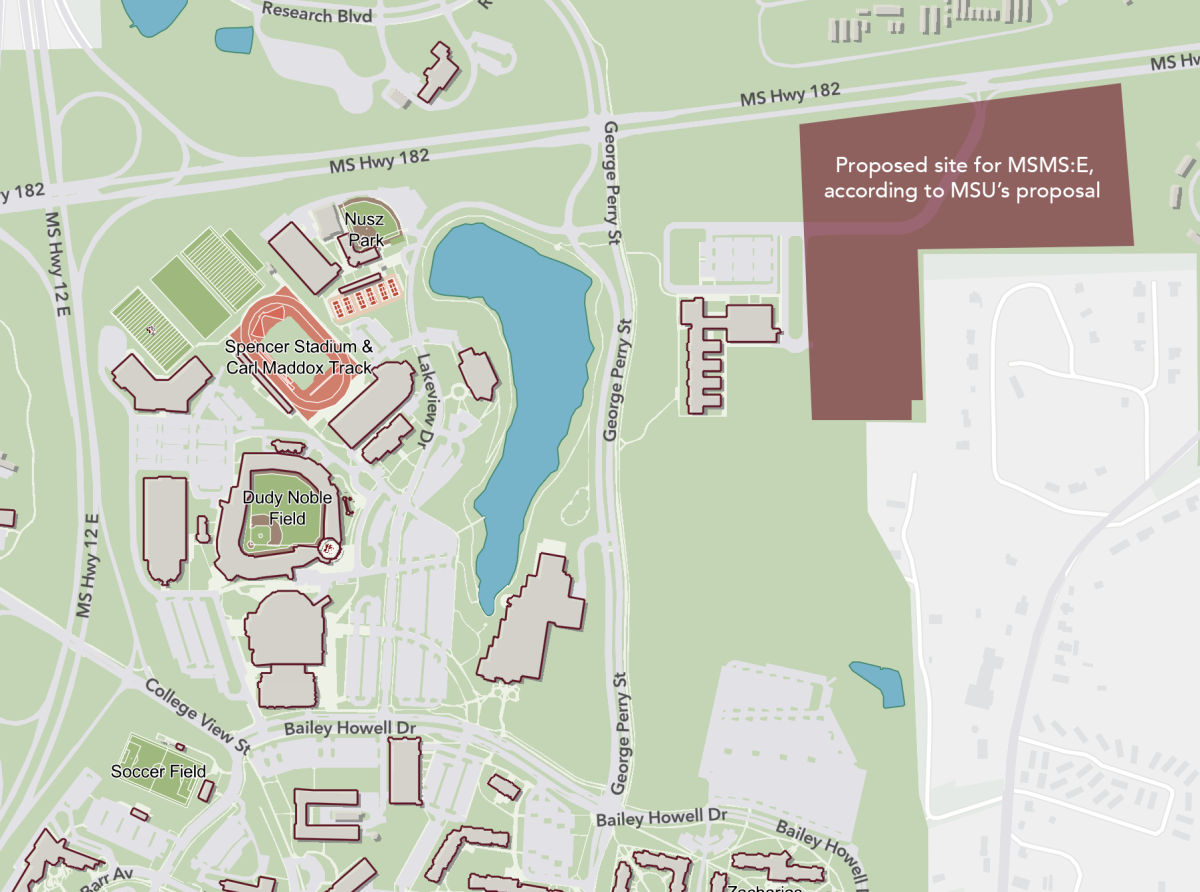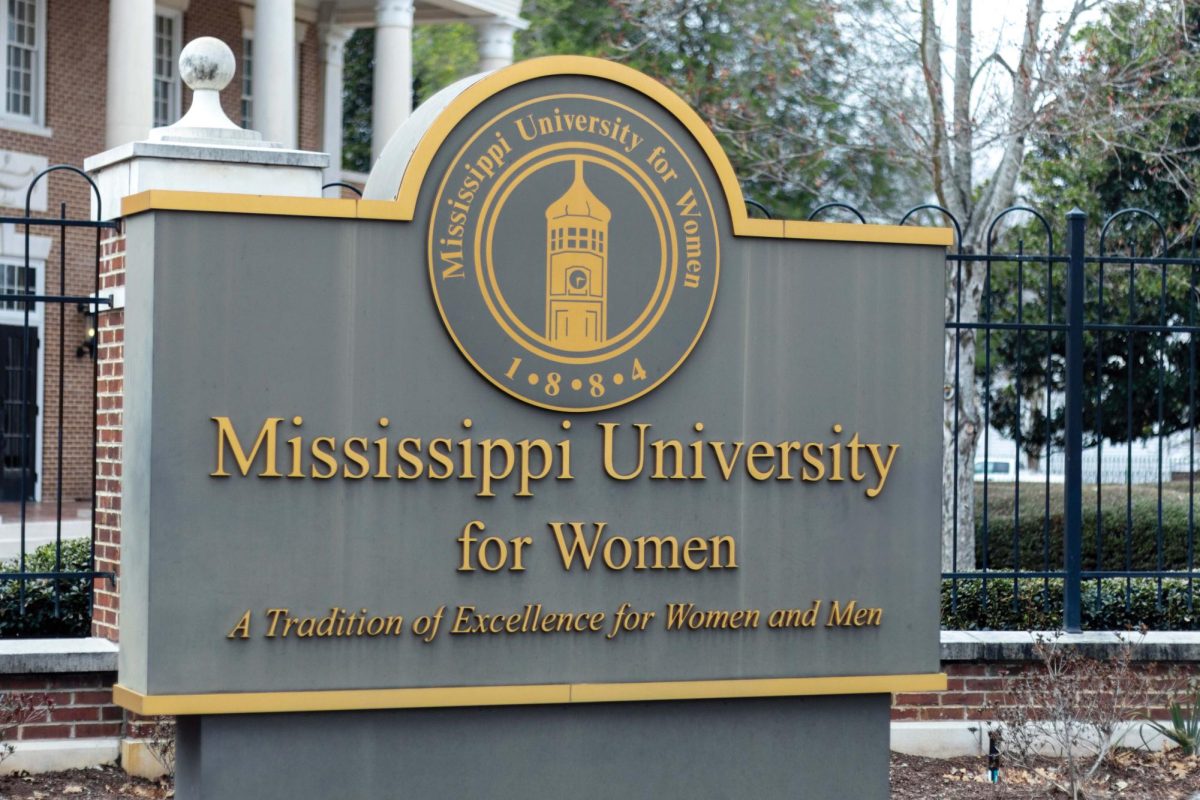According to a survey conducted by the Association of American Universities, 13% of college students experienced nonconsensual sexual contact in 2019.
This percentage accounts for thousands of students across the country, but it does not correlate with the reported instances on Mississippi State University’s Starkville campus.
MSU’s Chief of Police Vance Rice expressed significant concern with the low number of reports of sexual assault to the police department.
“It is very concerning to us, and we already know it is very underreported, so the low numbers signal that even more so,” Rice said.
Brycen Bonta, a senior majoring in political science, shared why students may be hesitant to report a sexual assault. He noted that fear plays an integral role in the underreporting of these cases.
“If the assailant has a significant position, my voice in this won’t change anything or matter because they have more of a reputation than I do,” Bonta said.
While MSU does not have a large number of sexual assault reports each year, there are still processes in place that provide students with resources for support if they experience sexual assault.
Brett Harvey, director of Civil Rights Compliance at MSU, described the meticulous process that a sexual assault allegation undergoes when reported.
He noted that victims are contacted first, and the Office of Civil Rights Compliance will communicate options for supportive measures and give an option for the victim to file a formal complaint.
“The university can provide supportive measures like counseling, moving class schedules, moving work schedules, helping people get medical care and helping people report to law enforcement,” Harvey said.
He said that while support options are available, they are separate from filing a formal complaint. As a result, victims can receive help even without making an official complaint to MSU’s disciplinary process.
Similarly, Rice pointed to the university police’s facilitation of support for victims of sexual assault.
“The first thing we are going to do is get an advocate there for the victim,” Rice said.
Sexual Assault Advocates are available to victims through the Student Counseling Service on campus.
Harvey explained that there are many places where victims are able to report incidents across campus.
Whether it is to the Dean of Students, individual professors who are mandatory reporters or fraternity and sorority advisors, victims have a variety of means to report a sexual assault.
He also highlighted The Office of Survivor Support and stressed the importance of their services for victims of sexual assault. This is an office that provides services for students who do not wish to file an official complaint against the accused party but still need help following an incident.
While both Rice and Harvey acknowledged there is always room for improvement, the pair agreed that MSU provides survivors with adequate resources.
“I think that we have done a tremendous amount in the last few years at Mississippi State to really ramp up the services we provide … we are certainly in the top tier of peer institutions in terms of the resources we provide to victims and survivors,” Harvey said.
While these services are available to students who have experienced sexual assault, students may be unsure of their options due to the lack of communication regarding these resources. Bonta claimed that he was not aware of all of the options that he had as a student.
He added that an increased emphasis on the resources that victims of sexual assault have by MSU would improve the taboo nature of conversation surrounding sexual assault.
“Be more vocal about policies that are already in place and how people can know how to report and what their options and different routes they can take are,” Bonta said.
MSU provides resources for sexual assault survivors
Jayce Freeman | The Reflector
The YMCA Building is home to the Dean of Students’ office. Students are encouraged to report instances of assault to the Dean of Students’ office or to professors on campus.
0
More to Discover


















